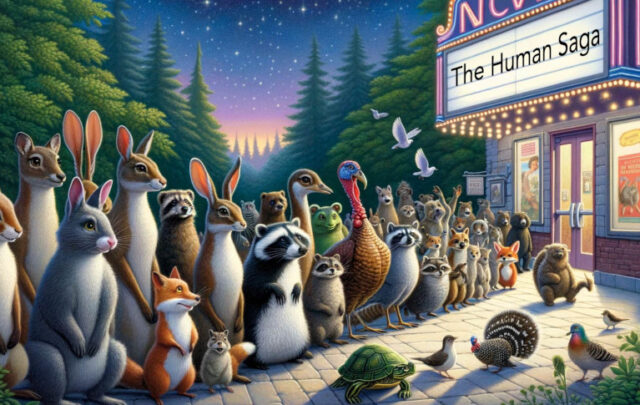Click on the headline (link) for the full text.
Many more articles are available through the Energy Bulletin homepage
The Future Laboratory, Conscience Consumers and the New Austerity
Alex Steffen, WorldChanging
Chris Sanderson and his colleagues at the Future Laboratory believe we’re seeing a fundamental shift in how people think about the things they buy. I stopped by their London offices to find out what they’re seeing and predicting.
“Overconsumption is no longer a signal of success,” he says, sitting at a table strewn with proofsheets for the Future Labs house magazine, Viewpoints. Instead of conspicuous consumption, he says, a “conspicuous abstention” is emerging. People want less noise in their lives. They want design whose form serves function beautifully. They want homes with a spare, modern aesthetic and the health and sustainability benefits of green building. They’re almost proudly adopting a “make do and mend, waste not want not mentality.” Most of all, they’re hungry for a connection between the things they buy and the lives they want to be leading — and recognizing that sometimes the best thing to buy is, simply, nothing.
The Future Lab folks call this movement “Nu Austerity,” and it has real implications for both the future of sustainability and commerce.
Indeed, I think this hunger for more life rather than more stuff is at the very heart of a transition to a bright green future. Many of us are already valuing experiences and relationships much more than toys and tools. Recognizing that the stuff we buy can clutter our lives as easily as compliment them, many of us are looking for ways to engage with products and services that offer us the straightest line between ourselves and the people and experiences we value, and that same search is exposing many of the bedrock assumptions of marketing and advertising as pathetic ploys, making us more savvy about brands and the ways they manipulate us.
(31 Aug 2006)
Green Wave Surges onto Pop Culture’s Shores
Jeffrey Goldfarb, Reuters via ENN
EDINBURGH – Environmental causes championed by scientists and watchdog groups are reaching wider audiences as they gain prominence in popular mainstream media.
The British film and television industries feted Al Gore and David Attenborough at the weekend for recent pop culture contributions to the global warming debate that attracted millions of viewers.
Brazil’s biggest television network started filming a soap opera this month set in the Amazon, hoping to stir global debate on the world’s biggest rainforest and its mostly impoverished residents.
And a documentary filmmaker who has tried to expose the car industry for shutting down production of electric cars was invited earlier this month to chat with Jon Stewart, whose comedy news show is a favourite among younger TV watchers.
The Environmental Media Association, a Los Angeles-based non-profit group that encourages the entertainment industry to focus on green causes, has seen a surge in activity, gauged by submissions for its annual awards.
(30 Aug 2006
Google: These books are free
Candace Lombardi, ZDNet
Google Book Search now offers PDF files of scanned books that can be downloaded and printed for free, Google announced on Wednesday.
Readers can find the books by choosing the “Full view books” option on the Google Book Search home page before they activate their search. Once they have chosen a book from the results page, a download button is clearly visible on the top-right corner of the page.
The PDFs are offered only for those books that fall into the public domain and are intended for personal use.
(30 Aug 2006)
Related from the Guardian: Google opens new chapter for literati.
How is this article related to energy? If you’ve ever studied the distribution system for books, magazines and newspapers, you know what a tremendous waste of energy and materials it is. Also, online distribution has been a key tool in disseminating information about the energy crisis and possible solutions. -BA





